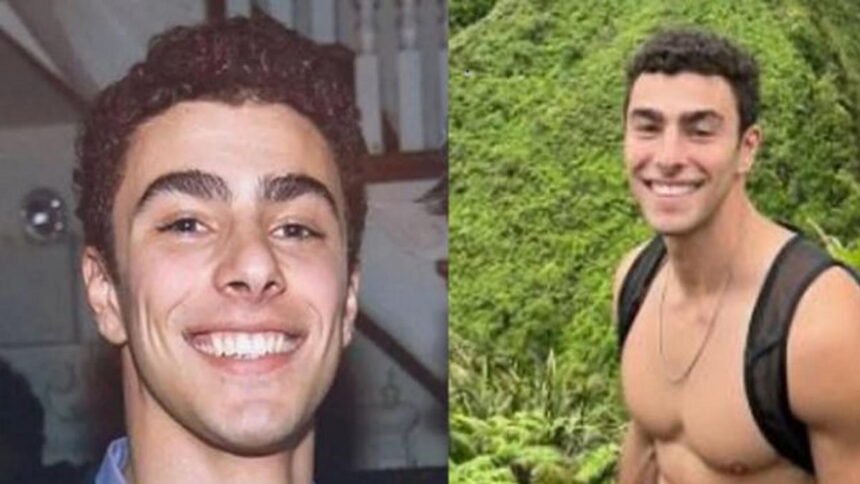The brutal murder of UnitedHealthcare CEO Brian Thompson has cast a very bright light into the life and actions of alleged shooter Luigi Mangione. A 26-year-old, after being captured following a multi-state manhunt, had been reported missing by his mother only weeks before the tragic unfolding of events. As details emerge, law enforcement and the public are trying to piece together questions surrounding the motivation and events leading up to the attack.
The family of Mangione had filed him as missing: On November 18, Mangione’s mother filed a missing persons report in San Francisco, citing that she had lost contact with her son. Sixteen days later, he allegedly shot Thompson in New York City. This timeline has become a focal point for investigators trying to piece together Mangione’s movements and mental state leading up to the incident.
Authorities said that Mangione’s mother identified him in surveillance photos that the NYPD had put out in a manhunt for Thompson’s shooter. A police tip from San Francisco led both the FBI and the NYPD to Altoona, PA where Mangione was taken into custody inside a McDonald’s restaurant on Dec. 9.
Despite her cooperation, Mangione’s mother said she was shocked by her son’s arrest. In a statement, the family offered their condolences to Thompson’s family and asked for prayers for everyone involved.
Arrest and Charges
Mangione is now facing charges in both Pennsylvania and New York. In Pennsylvania, he was accused of possessing an untraceable “ghost gun.” In New York, he has been charged with second-degree murder. He remains in a Pennsylvania state prison without bail.
The arrest has raised questions about how Mangione obtained the weapon and whether indications of his purported plot might have been found earlier. Investigators are studying seized writings from Mangione that show months of preoccupation with UnitedHealthcare and its leadership.
Disturbing Writings Emerge
Authorities have released portions of a notebook belonging to Mangione that reflect his increasingly hostile sentiments towards the U.S. healthcare system and perceived inequities. Entries, as far back as mid-2024, show an increasingly angry and alienated tone.
In the beginning, Mangione had a lot to say about his personal aims, like improving health and finding a meaning to life. He became more reclusive as the thoughts turned dark. The writings allegedly detail the build-up to the violent plan; in one entry, UnitedHealthcare’s leadership is branded as “parasitic.”
These writings have now proved to be a crucial piece of evidence as prosecutors assemble their case against Mangione. They provide insight, too, into the possible psychological unraveling that can explain what happened.
Karen Friedman Agnifilo, a top-notch attorney and former Manhattan prosecutor, will represent Mangione as one of his main attorneys. Friedman Agnifilo handles violent crimes and, among other things, boasts a distinguished career in mental health and cold case homicides.

